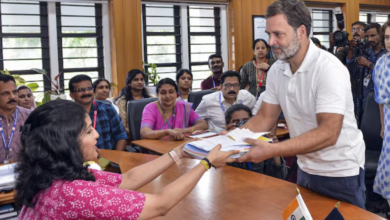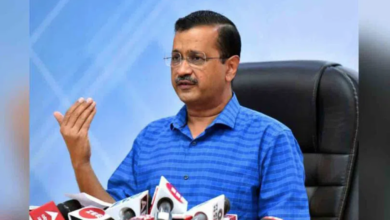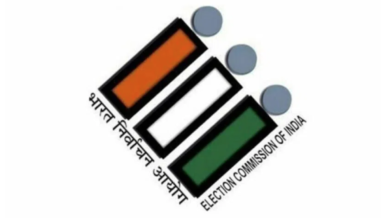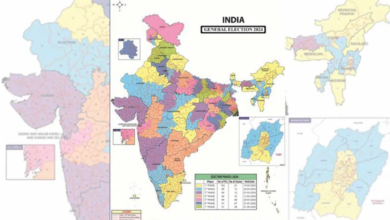Delhi metro should consider fare offs during peak traffic hours
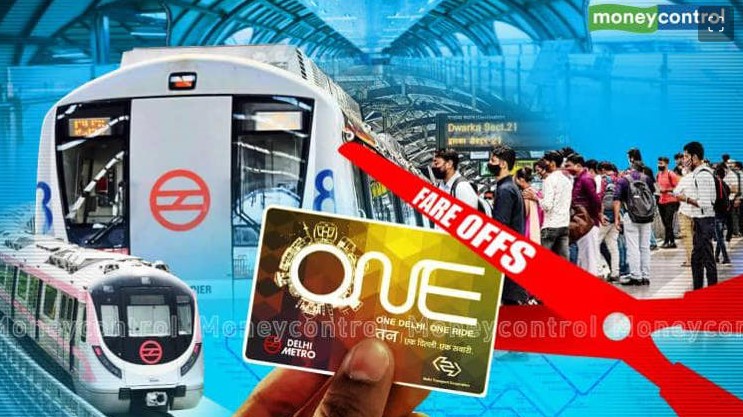
The success of its program to give women the choice of commuting for free in public buses, should encourage the Arvind Kejriwal government in Delhi to think of doing away with metro fares altogether, at least for peak traffic timings. It isn’t a completely new idea. In June 2019, when the Covid-19 pandemic hit ridership, the Delhi government had announced a free metro ride scheme for women. Eventually it didn’t take off following objections from the Delhi Metro Rail Corporation (DMRC) on grounds that the ticketing technology being used was gender-neutral and couldn’t distinguish between a man and a woman.
In addition, with the corporation posting massive losses in the last two years largely on account of the closure of the network for several days during the lockdowns, there is also the issue of who will pay for such a scheme such that it isn’t dismissed as another “freebie”. One way to do that is to put a cost to the environmental issues that plague the capital city and then consider if the loss of revenue by giving a fare breather during peak hours can be offset by the gains made in reducing the carbon footprint of the vehicles that go off the roads in that time.
DMRC’s earning from traffic operations in 2019-20 was Rs 3,897 crore. Let’s assume peak traffic hours, say 8:30-10:30 am and 5-7:30 pm, account for 60 percent of these revenues. That’s a write-off of about Rs 2,338 crore.
The potential benefits by taking private cars and taxis off the road, should outweigh this loss of revenue. What’s more, a small congestion tax should take care of the potential loss of revenue. Cities like London have done that for years, decongesting central business districts like the City of London, the main financial district, which were earlier prone to heavy traffic volumes. According to Transport for London (TfL) figures, within a year of the imposition of the tax, there was a 15 percent reduction in traffic while consequent congestion, measured as the additional time a trip would take because of traffic, fell by an impressive 30 percent. Today, traffic volumes in the charging zone in London are nearly a quarter lower than they were a decade ago.
A small charge on the 4 million private cars in Delhi for entering designated zones during defined times of the day should work for the capital city. The money collected can be used by the Delhi government to compensate the DMRC for its loss of revenue. The ultimate objective is to encourage use of public transport particularly the metro which is both efficient and environmentally friendly.
Bloomberg just reported that when Germany slashed prices of tickets for public transport over a three-month period, it prevented 1.8 million tons of carbon dioxide emissions since commuters reduced usage of their cars. A €9 monthly ticket allowed nationwide travel on regional trains, subways, trams and buses.
Given Delhi’s perennial pollution problems, any measure that can help cut those levels should be considered seriously. For perspective, the Delhi government spent Rs 20 crore on installing a single smog tower in Connaught Place. Not only are these extremely limited in range, their benefits are also highly debatable. The city government is now considering plans like widening of roads, building underpasses, flyovers and foot-over bridges to decongest corridors prone to traffic jams. None of these measures comes without its own carbon footprint and financial burden.
Across the world, efforts are on to incentivize people to opt for public transport both as a measure of economy as well as to spare the environment. In Spain, one of the countries that’s experimenting with free or cheaper public transport, the public sector company Renfe has made travel free on short and medium-distance trains while also slashing the fares of some high-speed routes by 50 percent. While the move is meant to help people fight soaring inflation, it is also aimed at reducing energy consumption which will assist in the fight against climate change.
If the recent floods in Pakistan and the flooding of the streets in Bengaluru are any indication, climate change is upon us. A single day’s flooding of the kind that the IT city suffered, can lead to losses running into thousands of crores. Set against that, the loss of revenue from concessions on metro rides, are a pittance.

